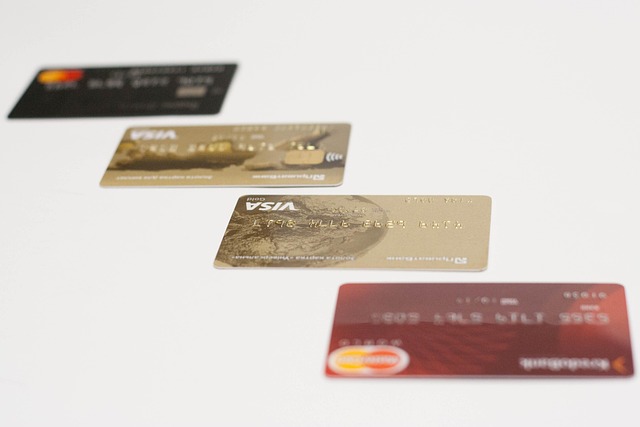Understanding Credit Cards: A Comprehensive Guide
Credit cards have become an essential financial tool in modern life, offering convenience, security, and flexibility in managing personal finances. These payment instruments allow cardholders to make purchases on credit, build a credit history, and access various rewards and benefits. Understanding how credit cards work and using them responsibly is crucial for maintaining financial health.

Key Features and Benefits of Credit Cards
Most credit cards offer various advantages beyond simple purchasing power. Common benefits include cashback rewards, travel miles, purchase protection, and extended warranty coverage. Many cards also provide zero liability for fraudulent purchases, making them safer than carrying cash. Additionally, some premium cards offer concierge services, airport lounge access, and travel insurance.
Understanding Credit Card Interest Rates
Credit card interest, expressed as Annual Percentage Rate (APR), is charged on unpaid balances carried beyond the grace period. APRs typically range from 13% to 25% or higher, depending on your creditworthiness and market conditions. Some cards offer introductory 0% APR periods for purchases or balance transfers, providing temporary interest-free borrowing.
Types of Credit Cards Available
| Card Type | Best For | Typical Features |
|---|---|---|
| Rewards Cards | Regular spenders | Cashback, points, or miles |
| Low Interest Cards | Balance carriers | Lower APR, balance transfers |
| Secured Cards | Credit builders | Required security deposit |
| Business Cards | Entrepreneurs | Business-specific rewards |
Prices, rates, or cost estimates mentioned in this article are based on the latest available information but may change over time. Independent research is advised before making financial decisions.
Building Credit with Credit Cards
Credit cards can be powerful tools for building credit history when used responsibly. Regular on-time payments and maintaining low credit utilization (ideally below 30% of available credit) can positively impact your credit score. Credit bureaus track your payment history, credit utilization, and account age to determine creditworthiness.
Managing Credit Card Debt
Responsible credit card management involves paying bills on time and, ideally, paying the full balance monthly to avoid interest charges. Creating a budget, tracking expenses, and setting up automatic payments can help prevent overspending and accumulating debt. If you carry a balance, consider debt reduction strategies like the snowball or avalanche methods.
Credit cards can be valuable financial tools when used wisely. By understanding their features, costs, and best practices for responsible use, you can maximize their benefits while minimizing potential drawbacks. Regular monitoring of statements, timely payments, and careful consideration of new credit applications will help maintain a healthy financial profile.






